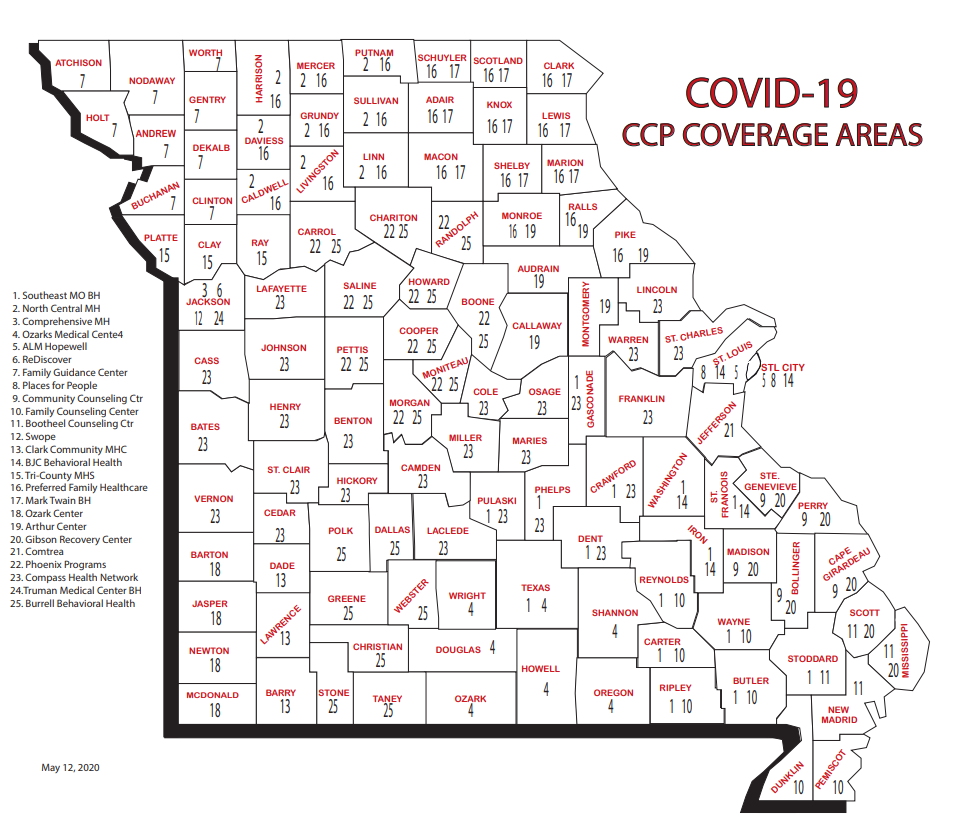State gets federal grant to expand COVID-19 mental health services

JEFFERSON CITY, Mo. (KMIZ)
The state of Missouri will get millions of dollars to expand mental health services to those affected by COVID-19.
The Department of Mental Health announced Thursday that the state will get $2.3 million as part of the Federal Emergency Management Agency's Crisis Counseling Program. The program helps people "recovering from the psychological effects of disasters through the provision of community-based outreach and educational services," according to the FEMA website.
The amount awarded is a little more than half of what the department initially applied for. A grant application obtained by ABC 17 News shows the DMH first asked for $4.1 million to help start the program.
DMH Director Mark Stringer said the "Show Me Hope" program will expand the department's effort to connect people to mental health resources. Anyone in the state can call 800-985-5990 or text "TalkWithUs" to 66746 to access the program.
The grant application said the state does not have the programmtic, techonological, human resources or fiscal support/infrastructure to address the magnitude and duration of this pandemic.
"Literally 6.1 million Missourians qualify for the crisis counseling program due to the stressors of COVID-19," the application said.
The department said it hopes to convert the traditional approach of the program, face-to-face contact with people affected by a disaster, to a "virtual model." The state will work with 25 other private agencies, known as community mental health centers, to help them with this, each serving different geographic parts of Missouri.

Burrell Behavioral Health will cover a large section of southwest and mid-Missouri, including Boone County. Shelly Farnan, system director of diversity and inclusion, said the grant gives them a chance to reach people affected that may have trouble accessing mental health help, such as those without technology.
"At Burrell...we're going to do this anyways, so it's just figuring out how we can make that reach happen like we know that it needs to happen and how we believe that we can make that happen."
Farnan said she never imagined the company would use its Zoom or Facebook accounts to provide mental health services.
"We knew we had the science, we knew we had a couple technological platforms, so we just kind of took if off from there," Farnan said.
Brent McGinty, director of the Missouri Coalition for Community Behavioral Health, said health providers usually make themselves available in a community hit by a disaster like a tornado or flooding. Those workers then help find people further services they may need. This time, McGinty said, service providers will need to find a way to get to people without the traditional face-to-face contact.
"It really is kind of a well check on people, it's about how we engage folks and making sure they know it's OK what they're feeling," McGinty said.
